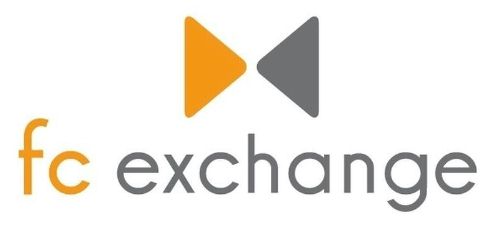GB POUND
Another tough week for sterling. The pound started the week trading at 1.1794 against the euro and 1.3271 against the US dollar, it finished the week trading at 1.1684 against the euro and 1.3039 against the US dollar, this was largely due to a raft of negative economic data.
The latest Consumer Price Index date showed that CPI remained the same in August as July at 0.6%, slightly below the forecasted figure of 0.7%.
The Bank of England announced it is extending its quantitative easing programme to overseas companies. The Bank is set to purchase £10bn of bonds from private companies such as Apple. The BOE also decided to leave interest rates unchanged at a meeting on Thursday, all 9 members of the Banks monetary policy committee voted to leave the interest rate unchanged at 0.25%.
The UK unemployment rate remained flat at 4.9%
The new £5 note was realised by the BOE on Tuesday, the new polymer note is more durable and a lot harder to forge.
EURO
German CPI Y/Y remained flat in the month of August at 0.4%, and the ZEW economic sentiment survey showed a decrease from 6.7 to 5.4.
The US Department of Justice is asking Deutsche Bank to pay $14bn to settle a long running investigation into mortgage backed securities leading back to the financial crisis in 2008. Shares in Deutsche Bank plummeted 8% off the back of this news.
The EU held a summit in Bratislava on Friday, the first major meeting without Britain. French President Francois Hollande and German Chancellor Angela Merkel said that the migrant crisis was a key issue. Holland said “We didn't dodge anything we decided that together we have to deal with the migration issue, while respecting the right to asylum”.
US DOLLAR.
US retail sales were down in August, forecast at 0.1% they came in at 0.3%.
Consumers are spending more in bars and restaurants. Official data showed that in August spending in food establishments jumped 0.9% compared with a drop of 0.9% in car sales.
Data showed that the real median household income in the US grew last year to $56,500, an increase of 5.2% compared to 2014, this is the biggest increase since the measure was introduced in 1967.
The percentage of people living below the poverty line decreased to 13.5% of the population, the largest decrease since 1999, this good news will be welcomed eight weeks before the US election.
Elsewhere
Retail sales are up Y/Y in China, official figures showed that sales have increased by 10.6% in August, a 0.4% increase from July. Industrial production has also increased Y/Y in August, forecast at 6.1% the actual figure was 6.2%.
New Zealand GDP missed expectations Q/Q forecast at 1.1% it came in at 0.9%, this data weakened the NZ Dollar, however the Reserve Bank of New Zealand has previously stated they are happy to see a weak NZ dollar to ensure exports remain competitive, and they may even consider an interest rate cut in the future.
Another Tough Week for Sterling


